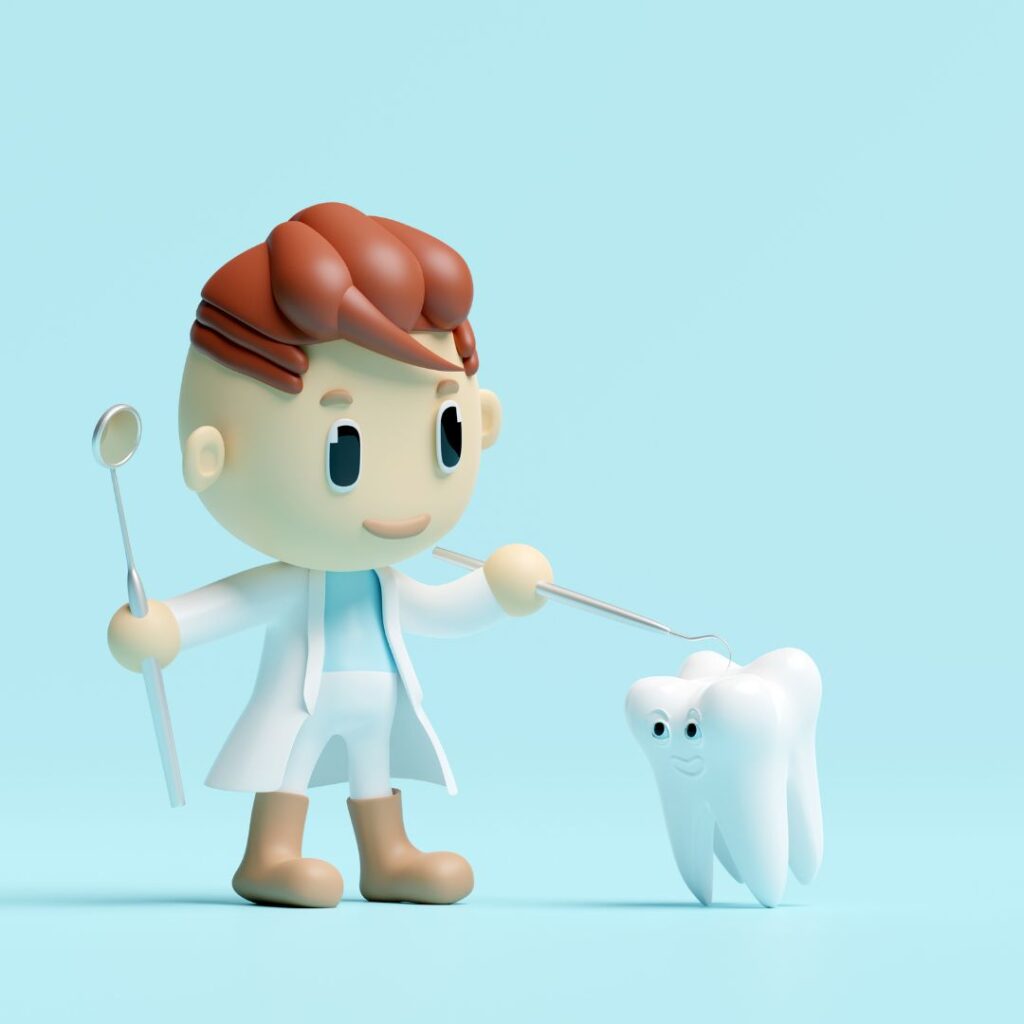Things Dentist’s Don’t Ever Do To Their Teeth

Brushing, flossing and visiting the dentist regularly — we all know the pillars of good dental hygiene. But knowing them and maintaining them are two different things. Nearly 50% of people above 30 have signs of gum disease and 26% of adults have untreated cavities, according to the Centers for Disease Control and Prevention.
It’s not uncommon to have issues with your teeth or gums, and dentists say certain lifestyle factors may be behind some of your oral health issues. In fact, common behaviors can negate the benefits of good oral hygiene — and you’re probably guilty of some of them.
1. Dentist’s don’t chew ice
“The first thing that came to mind for me was chewing ice,” said Dr. Natalie Peterson, a clinical associate professor of dentistry at the University of Minnesota. “A lot of people don’t think about it, but they chew on the ice in their drink and they just don’t think about the damage that it can do,” she said. Ice can break your teeth because not only is it hard, but it’s cold, too, Peterson noted. It can be particularly damaging for people with fillings. “The thought of chewing on ice just gives me shivers,” she said.
2. Dentist’s don’t bite their nails
According to Dr. Jennifer Soncini, a clinical associate professor of pediatric dentistry at Boston University, biting your nails can lead to dental issues. Plus, nail-biting is often a habit, which means your teeth have to deal with this action repeatedly. As you bite your nails, you wear down the enamel on the edges of your teeth, Soncini explained. Enamel plays many important roles — it helps protect your teeth from cavities, erosion, infection and sensitivity to cold, hot or sweet foods.
3. Dentist’s don’t miss dentist appointments
“I also would never ignore my regular dental checkups,” Manning said. “Routine dental checkups are crucial for maintaining oral health and catching dental issues early.” In terms of how often you should visit your dentist for routine checkups, it depends on your personal dental history and other issues. “Regular checkups for patients should be kind of tailored for each individual patient and their risk factors and their overall dental health,” Peterson said. “Some people might only need to come in once a year, they might be pretty healthy; a lot of people, twice a year is a good idea; and some people that have risk factors or dental problems, they might need to come in three to four times a year,” Peterson continued. Talk to your dentist and dental hygienist to figure out what the best frequency is for you.
Give us a call to schedule your next dental visit today!
408-253-8150